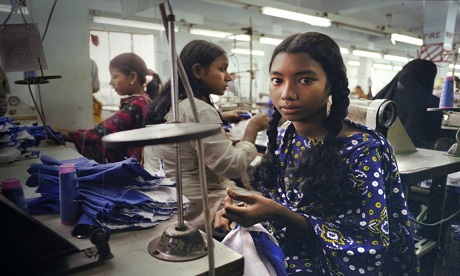The Church should act against slavery wherever it can and not just speak against it, says Sydney’s archbishop Anthony Fisher.
Making good his statement, Fisher has publicly committed the Archdiocese of Sydney to a pilot programme aimed at ridding the archdiocese’s services, schools and parishes of slavery-tainted goods and services.
The pilot program Fisher is referring to is the fruit of work the Archdiocese of Sydney began last year.
It started with a fact-finding Antislavery Task Force that assessed the archdiocese’s reliance on dubious suppliers.
The task force eventually established a response that included anti-slavery diocesan-wide procurement guidelines, anti-slavery education for officials charged with procurement and parish families, and welfare services for victims of trafficking or slavery.
John McCarthy QC, a former Australian ambassador to the Holy See, says victims of modern slavery are everywhere and in every industrial sector.
Because of the extent of the supply chains that eventually reach Catholic institutions, the possible exposure of the church to modern slavery is enormous.
McCarthy says the Catholic Church in Australia is both the largest employer and the largest procurer of goods and services in the country outside the public sector.
He says as one-in-five Australian children are educated in Catholic schools and one-in-10 hospital patients and elderly care residents receive care in Catholic health facilities, ridding the church’s supply lines of slavery should have a meaningful impact in Australia.
Given this, he wonders what the impact would be like if the global Catholic Church committed itself to purging slave-produced goods from its supply chains.
Source
